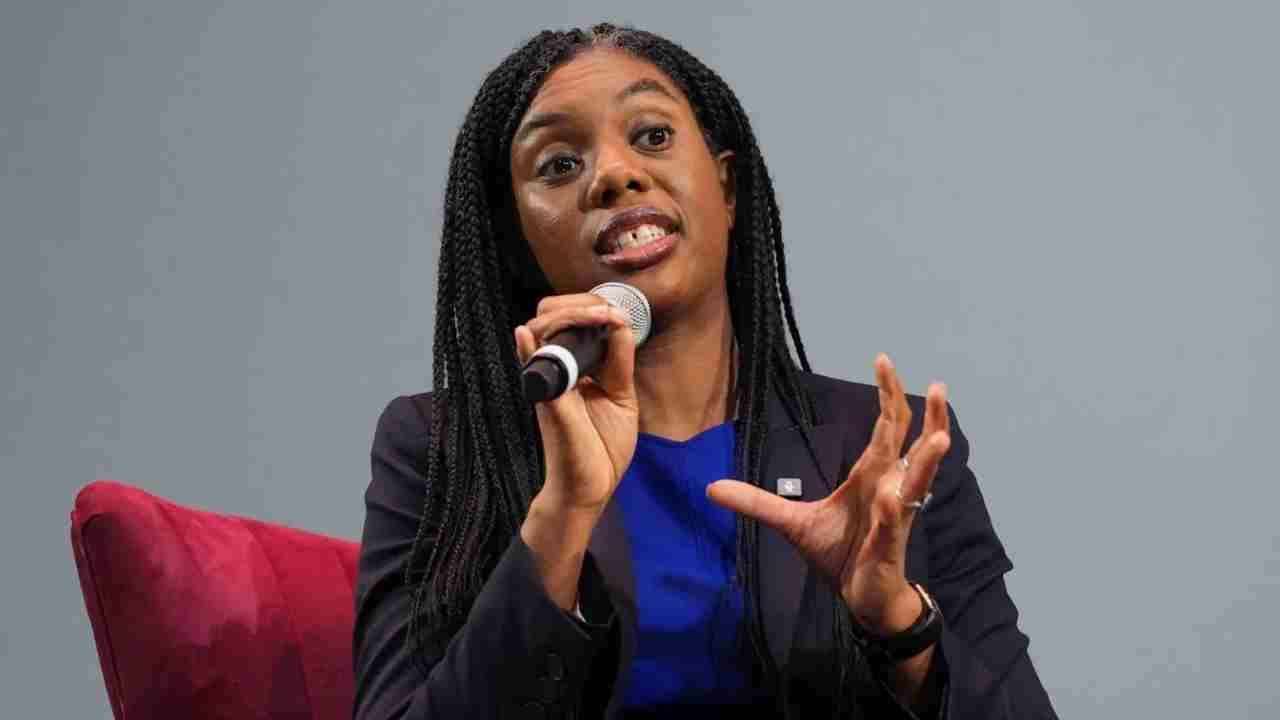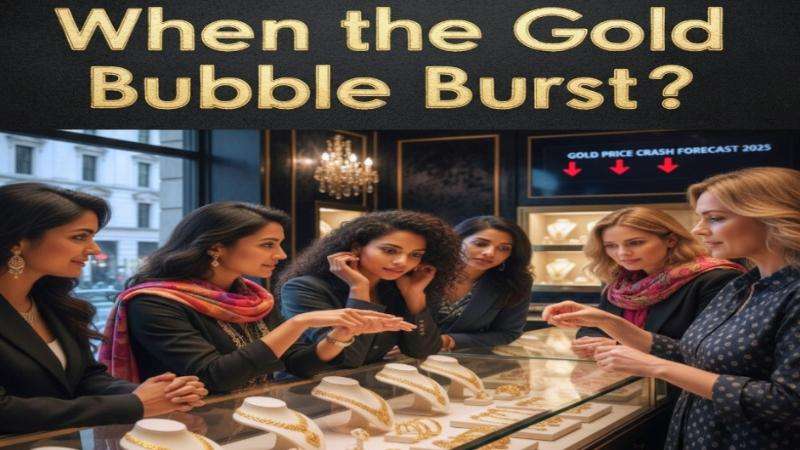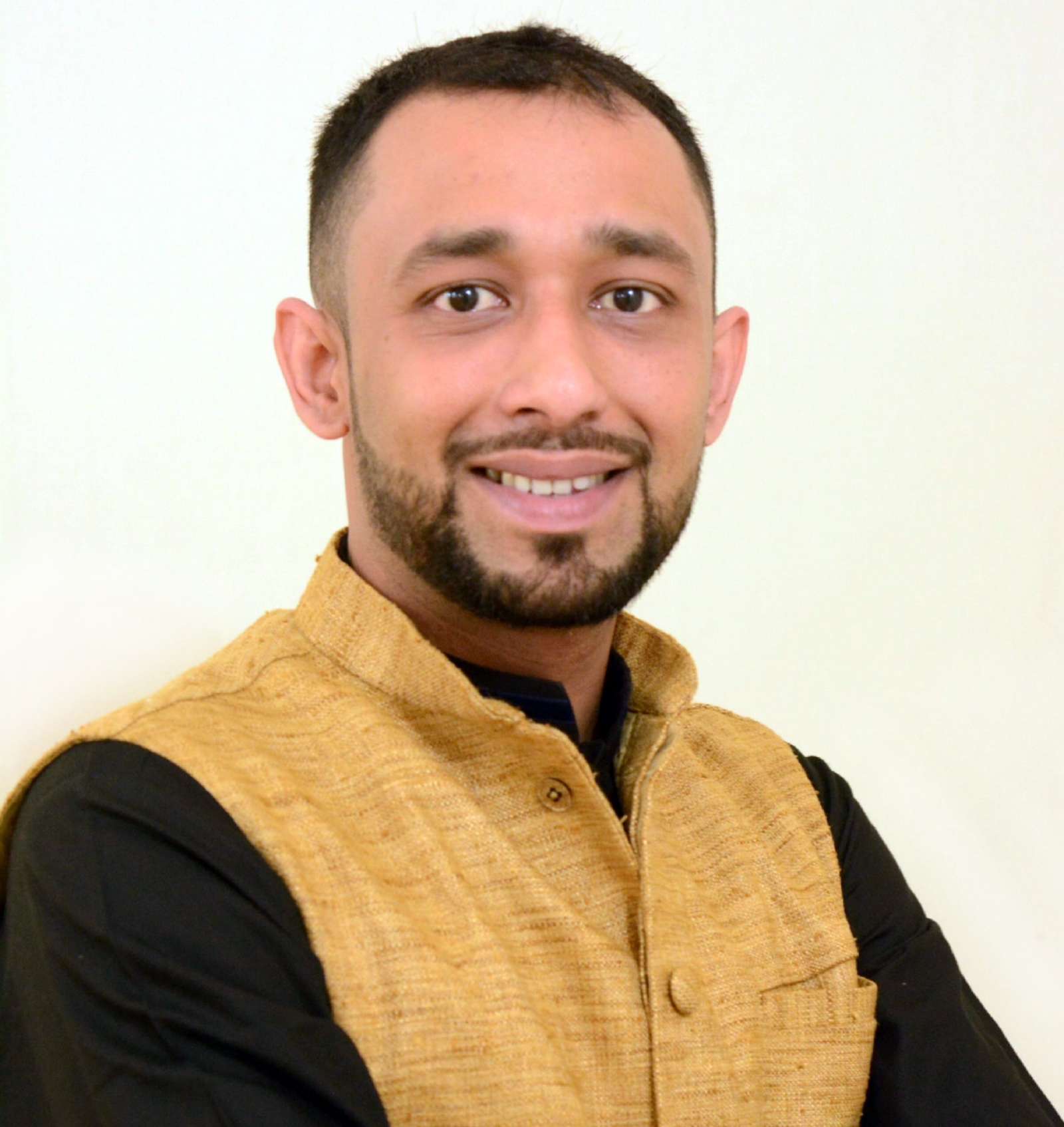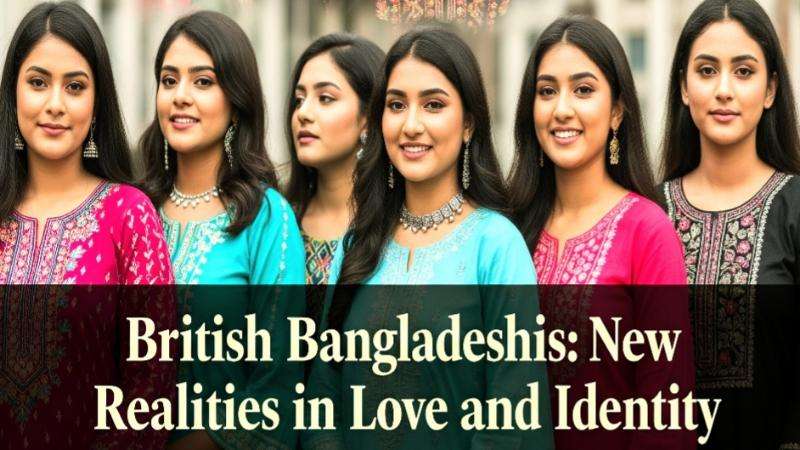The British Bangladeshi community, a vibrant and integral part of the UK's diverse tapestry, is navigating evolving social landscapes that challenge traditional norms, particularly concerning personal relationships and sexual identity. While comprehensive, granular data on sensitive topics such as adultery, extramarital affairs, and polygamy remains scarce for specific ethnic groups, available statistics from the UK's Office for National Statistics (ONS) and other reports offer valuable insights into the broader trends of sexual orientation, including within the British Bangladeshi population, Daily Dazzling Dawn understands.
Sexual Orientation: A Snapshot of Identity
According to the Census 2021 for England and Wales, which provides the most recent and detailed public data on sexual orientation by ethnic group, approximately 1.7% of individuals identifying as Bangladeshi in England and Wales reported being lesbian, gay, bisexual, or another non-heterosexual sexual orientation. This figure sits within the broader UK trend, where 3.2% of the overall population aged 16 and over identified as LGB+. It's crucial to acknowledge that these figures are based on self-reporting and may represent an undercount, given the potential for social and cultural factors to influence disclosure on sensitive topics. Advocacy groups like Stonewall often suggest that the actual proportion of the LGBTQ+ population could be higher, potentially between 5% and 7%.
Within the British Bangladeshi community, and indeed across many BAME groups, discussions around homosexuality and bisexuality can be complex, often intersecting with religious beliefs and cultural expectations. While specific breakdowns for bisexuality within the British Bangladeshi community are not explicitly detailed in publicly available ONS data, broader trends among BAME groups suggest that younger individuals are generally more likely to identify as LGB+. A 2016 report, while not solely focused on Bangladeshis, indicated that among Asian women, a higher proportion (23%) described themselves as bisexual compared to white women (16%). Similarly, 10% of Asian men identified as bisexual compared to 7% of white men. These general trends suggest a possible, though unquantified, presence of bisexuality within the British Bangladeshi community that aligns with broader BAME experiences.
Furthermore, a 2022 report by Hidayah LGBT, focusing on LGBTQI+ Muslims in the UK (a demographic that includes many British Bangladeshis), highlighted that among younger LGBTQI+ Muslims, 20% identified as bisexual and 31% as gay. This report also indicated a notable shift towards greater acceptance of LGBTQI+ identities within Muslim communities, with 49% of surveyed individuals disagreeing that LGBTQI+ identities are incompatible with being Muslim. This emerging trend suggests a growing space for self-identification and acceptance, even within traditionally conservative frameworks.
Adultery and Extramarital Affairs: A Difficult Data Landscape
When it comes to adultery and extramarital affairs, concrete statistics specifically for any ethnic minorities like British Bangladeshis are exceptionally limited. The highly personal and often stigmatised nature of these topics makes accurate data collection challenging across all communities, and even more so within specific ethnic and religious groups where cultural and religious norms can heavily influence reporting.
General UK rates suggest that between 20% and 36% of the overall population admit to having engaged in an affair at some point. While one study by Gleeden reported that 33% of the British Indian community confessed to adultery (lower than in India).
Polygamy: A Legal and Social Nuance
Polygamous marriages are not legally recognised if entered into within the UK. However, marriages legally contracted in other countries where polygamy is permitted may be partially recognised for specific purposes, such as immigration or social welfare, under strict conditions.
Official statistics on the prevalence of polygamous households within the British Bangladeshi community, or any specific ethnic group in the UK, are not collected. Historically, some estimates, such as those from the Gatestone Institute in 2012, have suggested that polygamous Muslim unions in England and Wales could number at least 20,000. While this figure is an estimate and not an official statistic, it highlights a phenomenon that exists within broader Muslim communities in the UK, of which British Bangladeshis form a significant part. The UK government's policy aims to prevent the formation of new polygamous households within the country.
Challenges and the Path Forward
The absence of detailed, group-specific statistics for sensitive topics underscores the inherent challenges in data collection related to private behaviours and identities. The sensitivity surrounding adultery and polygamy, coupled with varying cultural and religious interpretations, often leads to under-reporting. Similarly, while sexual orientation data is improving with census efforts, continued stigma can still impact self-identification.
Understanding these complexities is crucial for a nuanced appreciation of the diverse experiences within the British Bangladeshi community. Future research, conducted with cultural sensitivity and robust methodologies, would be invaluable in shedding more light on these evolving aspects of identity and relationships.








.svg)

.jpg)
